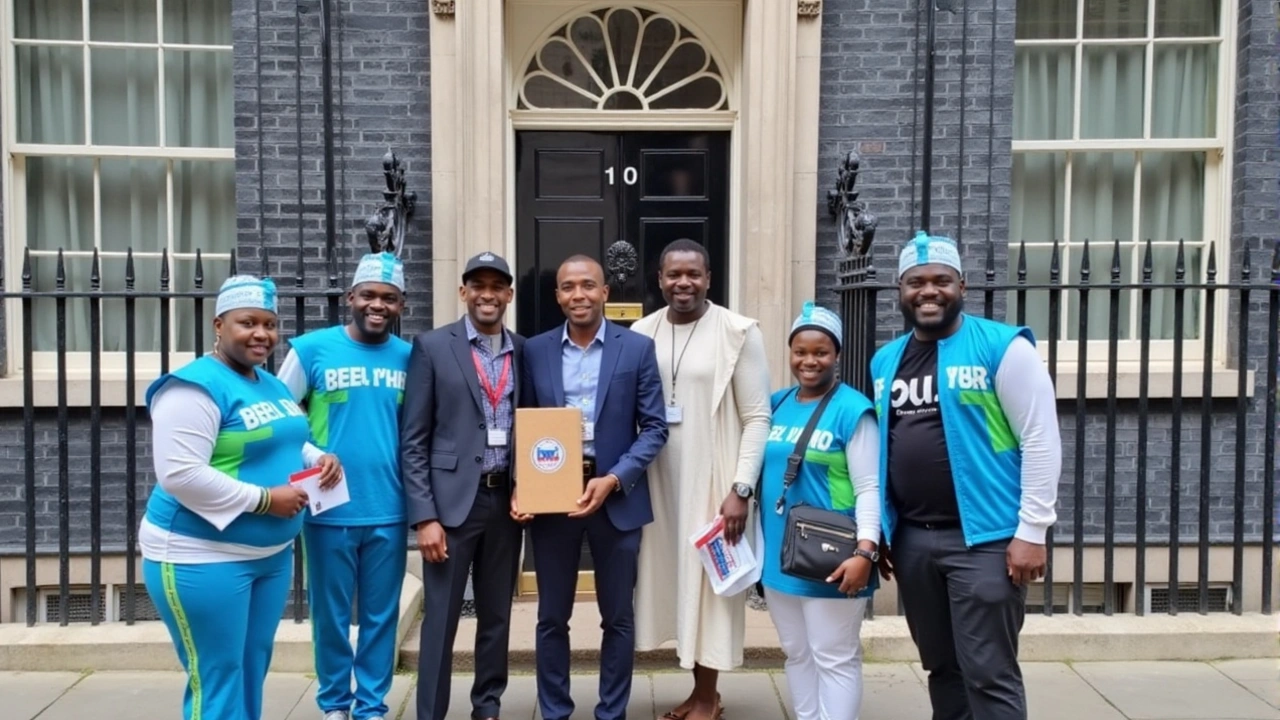Yoruba Nation: Latest News and Background
Why does the phrase "Yoruba Nation" keep appearing in headlines? Because it's about more than a slogan — it's a mix of cultural pride, political demand, and regional debate that affects millions in southwestern Nigeria and the diaspora. Here you’ll find clear, up-to-date reporting on the movement, what it wants, and how it matters for everyday people.
The basic picture: Yoruba Nation refers to calls by some groups for greater self-determination, stronger local governance, or even secession in parts of Nigeria where the Yoruba people are the majority. That demand shows up in protests, court cases, political speeches, and social media. Coverage matters because these actions can change local security, commerce, and politics fast.
Quick history and key players
The modern push for Yoruba-focused politics has roots in Nigeria's post-independence history, disputes over resource control, and a rising appetite for regional autonomy. Activists, cultural leaders, and some politicians have amplified the message in recent years. You may have seen names like Sunday Adeyemo (also known as Sunday Igboho) linked to headline events. Remember: individuals and groups within the movement differ — some call for cultural revival, others push for political restructuring. Not every voice speaks for all Yoruba people.
It helps to separate three things: cultural identity (language, festivals, heritage), political demands (federalism, devolution, autonomy), and on-the-ground actions (protests, court fights). Each has different impacts and risks.
What Daily Africa Global News covers and why it matters
We track immediate developments — protests, court rulings, government responses — plus context: why certain demands are growing, how local economies react, and how these events tie into national politics. Expect straight reports, explainers, and interviews with lawyers, community leaders, and ordinary residents. Our goal is to give you useful facts, not hot takes.
Wondering how to read the news on this topic? Watch for official statements from local governments and courts, credible eyewitness reporting, and verification of video posts before sharing. Social media moves fast and mistakes spread faster.
If you live in or visit southwestern Nigeria, safety matters. Keep an eye on local advisories, avoid large gatherings if tensions are rising, and follow trusted local news sources for transport or road updates. Protest plans can change quickly, so confirm before you travel.
Curious about related areas? Check coverage on Nigerian federal politics, regional development plans, and cultural events that shape public opinion. The Yoruba Nation conversation touches language rights, education, land use, and business climates — all things that affect daily life.
Want updates? Use the tag feed to follow new articles, analyses, and interviews as they publish. We aim to keep coverage factual, timely, and practical so you can understand what’s happening and why it matters to you.

Sunday Igboho Appeals to UK Prime Minister: Advocating for Yoruba Nation Independence
Sunday Igboho and his supporters urge UK PM Keir Starmer to recognize the Yoruba Nation. The movement, led by Prof. Adebanji Akintoye and Igboho, pushes for the establishment of an independent Yoruba nation. Accompanied by key figures, Igboho submitted a petition at 10 Downing Street, seeking UK support in their quest for autonomy.